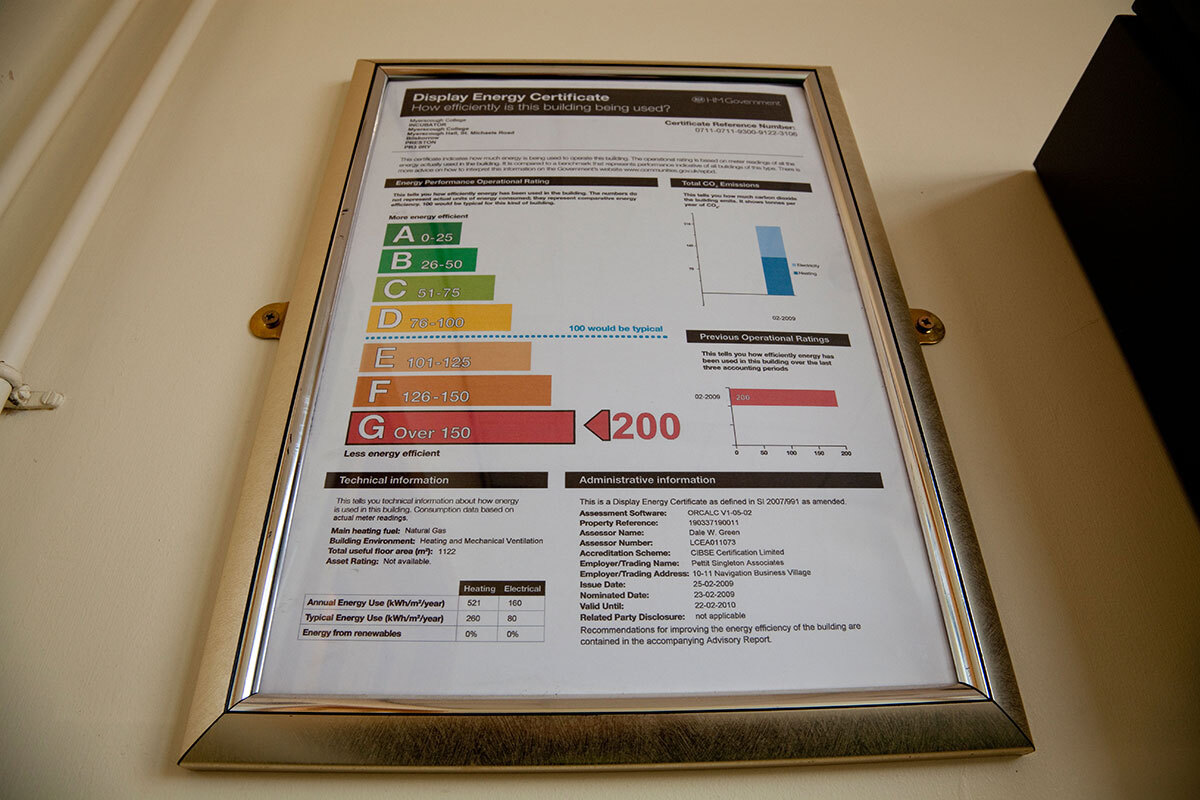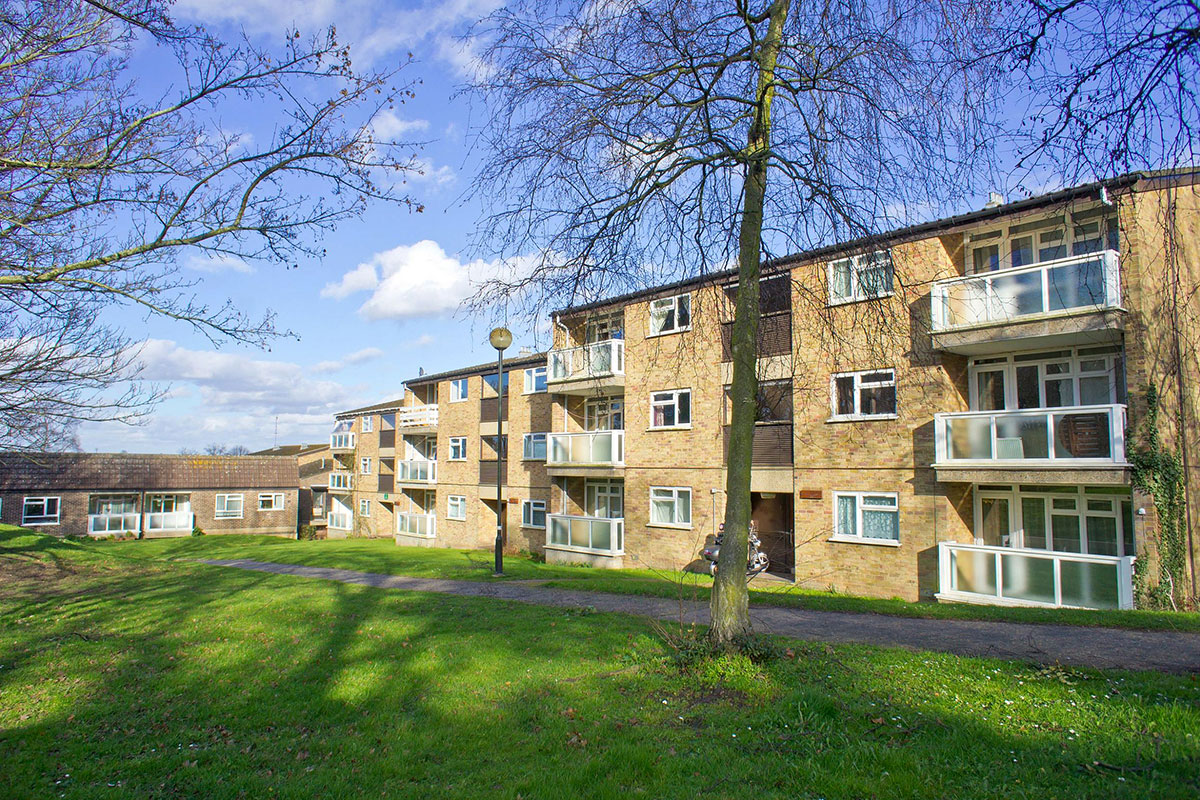Decarbonisation plans face ‘setback’ as government blocks sharing of EPC data
Social landlords across the UK are facing a major setback in their attempts to retrofit their housing stock after the government ordered third parties to stop sharing Energy Performance Certificate (EPC) data.
Multiple housing associations have told Inside Housing that the move from the government is “frustrating” their ability to develop stock investment plans and apply for funding such as the Social Housing Decarbonisation Fund (SHDF).
Until late last year, many housing associations were able to retrieve data about the energy efficiency of their homes in bulk from accreditation schemes, which certify energy assessors.
However, at the end of last year the Department for Levelling Up, Housing and Communities (DLUHC) wrote to these schemes ordering them to stop sharing the data because of a clause in the Energy Performance of Building Regulations 2012 that states that it is an offence for EPC data to be shared.
An EPC provides a property with an energy efficiency rating between A and G and includes information about a home’s energy use, alongside recommendations on how to improve its energy efficiency.
EPCs are provided following an inspection by an energy assessor and must be provided whenever a home is newly built, sold or rented out.
EPC ratings are a key measure being used by housing associations as they plan to transition towards net zero and many landlords have targets based on achieving minimum EPC standards for their properties.
Will Jeffwitz, head of policy at the National Housing Federation (NHF), said that a number of its members have recently got in touch to flag that they are currently unable to access this EPC data, adding that access to this information is “crucial” as it provides an “evidence base” for landlords’ decarbonisation strategies.
One of those members is 8,000-home Golding Homes. Last month, Annemarie Roberts, director of operations at the housing association, wrote to DLUHC to outline the “significant implications” of the government’s move on housing associations.
She said the timing of the change was having a “damaging impact” on landlords’ ability to apply to the upcoming second wave of the SHDF, due to the data requirements needed for a successful bid.
“Without access to the full EPC dataset, we are unable to identify our worst energy-performing homes and the customers most likely to be living in fuel poverty, which means that we may not be developing an SHDF Wave 2 bid that targets the properties most in need of energy efficiency and low-carbon heating works,” she added.
Ms Roberts said the situation was “particularly damaging” for Golding Homes as it “procured an intensive round of EPC surveying in November 2021 to support a future SHDF bid”.
This work has generated more than 2,400 EPCs that Golding Homes is currently unable to analyse and load into its asset management system, she said.
A spokesperson for the G15 said that its members have also been affected by this issue since last year, with the backlog reaching “around one in 10 energy performance datasets for some providers”.
“We are working hard to improve the data we hold on homes to drive investment decisions that will improve residents’ homes, but this issue is frustrating our ability to do that as we need the data,” the spokesperson said, adding that it is also impacting members’ abilities to apply to the SHDF and monitor compliance with the Decent Homes Standard.
The data-sharing issue is also impacting social landlords outside England.
Kevin Stephens, asset systems manager at Welsh housing association Bron Afon, said the landlord has 200 EPCs that have been lodged since November on a waiting list.
He described the situation as a “setback”, especially given the Welsh government’s proposed target that all social homes have an EPC rating of A by 2033.
A DLUHC spokesperson said that the government plans to consult on potential changes to the regulations later this year to enable companies to share EPC data with housing associations.
Stuart Fairlie, managing director at Elmhurst Energy, one of the largest accreditation schemes, said that DLUHC “realises the value of sharing data”.
“Elmhurst are fully aware that any delays in making the necessary legal changes are impeding the improvement of properties which is why we, together with the other accreditations schemes, are working with government to make any changes that are necessary,” he added.
Sign up for our asset management and sustainability newsletter
Already have an account? Click here to manage your newsletters









